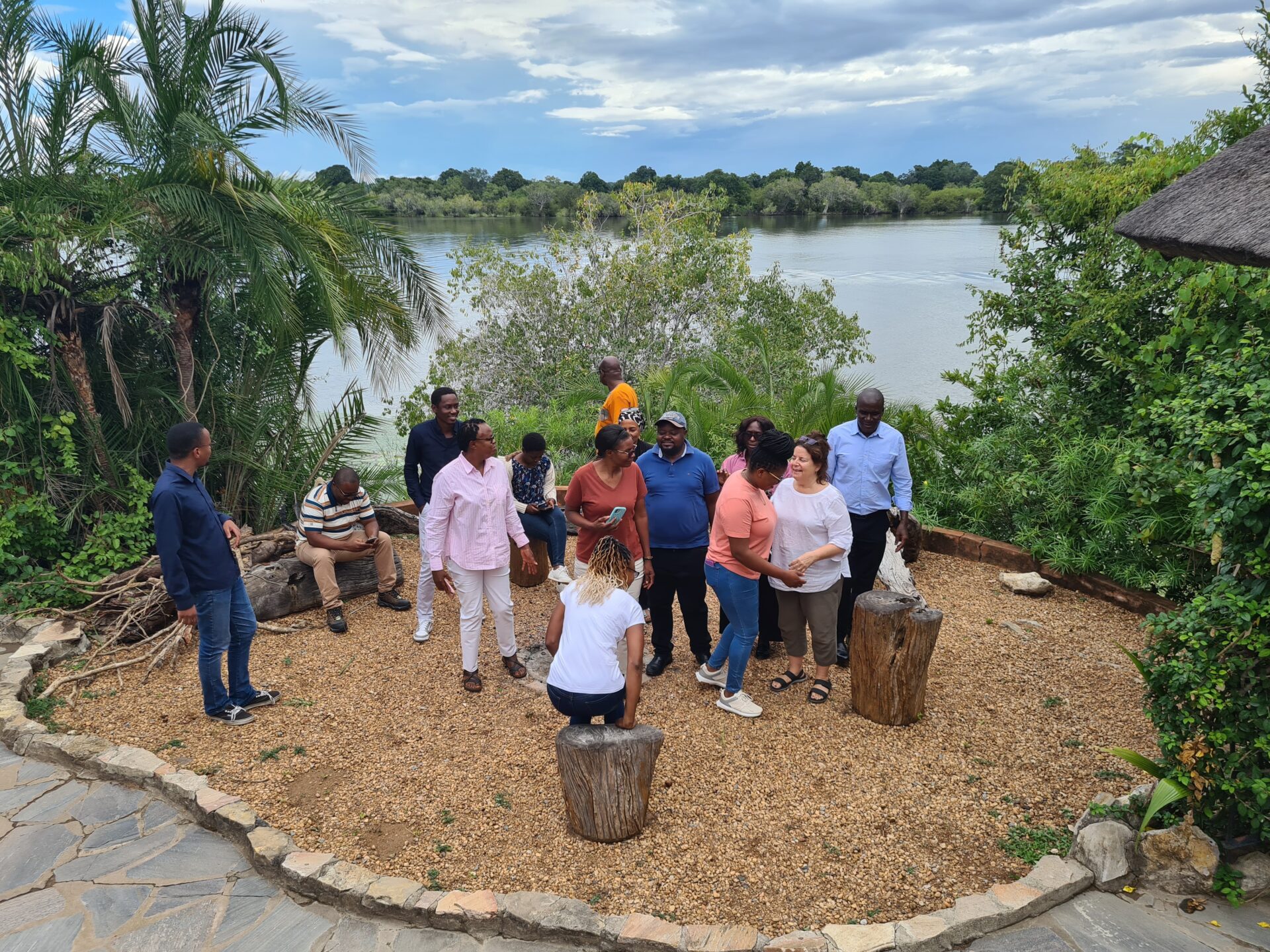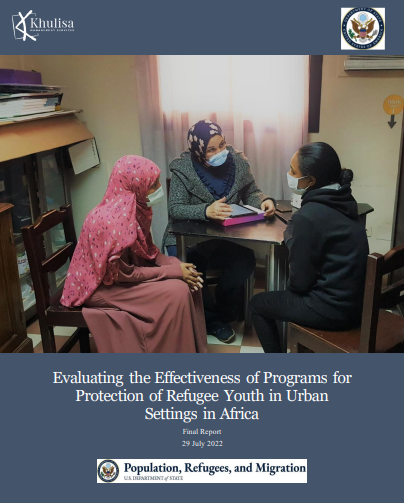#EvalTuesdayTip: Complexity and Evaluation
By Jennifer Bisgard, Founder and former Director at Khulisa Management Services
Literature indicates that international development practitioners are becoming more interested in systems change which implies an understanding of complexity. Likewise, in Khulisa’s evaluations we are using more complexity informed methodologies and techniques. We thought that we would share some of the amazing thought leaders in this field.
First there is The Centre for the Evaluation of Complexity Across the Nexus (CECAN) https://www.cecan.ac.uk/ who published The Complexity Evaluation Toolkit in July 2021 https://www.cecan.ac.uk/wp-content/uploads/2021/07/Toolkit-2021-web.pdf This is essential reading (and there is lots more engaging content on the CECAN website).
Second, there is Rick Davies (we are a huge fan) who also thinks deeply about complexity. For example, his latest blog is entitled “Choosing between simpler and more complex versions of a Theory of Change” https://mandenews.blogspot.com/2021/11/choosing-between-simpler-and-more.html
Then there is this 10-part series by Jonny Morell: Drawing on Complexity to do Hands-on Evaluation – Complexity in Evaluation and in Studies in Complexity
He writes: “This is the first of the blog posts I am writing to help me understand how “complexity” can be used in evaluation. If it helps other people, great. If not, at least it helped me.”
We also follow Bob Williams, for example https://bobwilliams.gumroad.com/l/systemdiagrams where he provides examples of various types and usages for system diagrams when using a systems approach to evaluation (which of course implies complexity). http://www.bobwilliams.co.nz/
Finally, we found this World Bank Independent Evaluation Group blog inspiring:
“Heeding Hirschman in evaluation: finding out fast versus finding out slow: How evaluators can counteract potential threats to validity in the face of complexity and practical constraints.”


